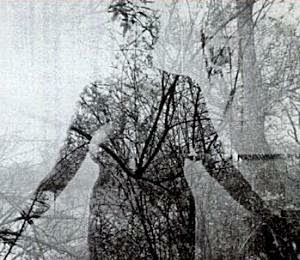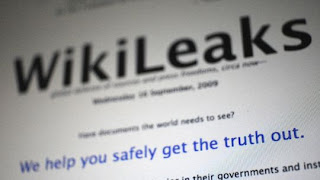songs in the whirlwinds
that parch our slow lives."
Adrian C. Louis from Sun/Dance/Song
Sonny’s Purple Heart
By Adrian C. Louis
"But it’s too late to say you’re sorry." — The Zombies
I
Man, if you’re dead, why are you leading
me to drink after five sober years?
Sonny, can I get a witness?
I had a Snow White vision of the prodigal
son returning to America
that day of my final hangover.
I tried to clear the mixture
of cobwebs and shooting stars
from my brain with spit-warm
Budweiser, but the hair of the dog
just was not doing the trick.
I ended up pummeling myself
seven times that day and named each egg
white load for a Disney dwarf.
The first was Dopey.
The final was Sleepy, I think, or Droopy.
II
Last year you scrawled a letter to me
about your first and final visit
to the Vietnam Memorial and how your eyes
reflected off the shiny black stone
and shot back into your brain like guidons
unfurling the stench of cordite and the boy screams
of men whose souls evaporated
into morning mists over blue-green jungles.
You had to be there, you said.
That’s where you caught the cancer, you said.
III
Sonny. Tonight I had a dream of Mom’s death
twenty years too late and now my eyes
will not close like I imagine the lid
on her cheap casket did.
I was not there when she died.
Home on leave from Basic Training,
you stood in for me
because I was running scared
through the drugged-out alleys of America,
hiding from those Asian shadows
that would finally ace you and now, now
in the dark victory of your Agent Orange cancer,
it gives me not one ounce of ease
to say fuck Nixon and Kissinger,
fuck all the generals and all
the armies of God and fuck me,
twenty years
too late.
IV
History is history and thank God for that.
When we were wise-ass American boys
in our fifth grade geography class,
we tittered over the prurient-sounding
waves of Lake Titticaca … Titti … ca-ca
and we never even had the slightest
clue that Che was camping out
en las montañas de Bolivia …
We never knew American chemists would
kill you slicker than slant-eyed bullets.
V
Damn Sonny. Five sober years done squeaked
by like a silent fart and I’m on autopilot,
sitting in a bar hoisting suds with ghosts,
yours and my slowly evolving own.
When we were seventeen with fake I.D.’s,
we got into the Bucket of Blood
in Virginia City and slurped sloe gin fizzes
while the innocent jukebox blared
“She’s Not There” by the Zombies.
Later that drunken night you puked purple
splotches onto my new, white Levis
and a short, few years into your future
this lost nation would award
you two purple hearts,
one of which your mother pressed
into my hand that bright day
we filed you under
dry desert dirt.
(Adrian C. Louis, "Sonny’s Purple Heart" from Vortex of Indian Fevers. Copyright © 1995 by Adrian C. Louis)
by Adrian C. Louis
Numanah, Grandfather, grant me the grace
of a new song far from this lament
of lame words and fossils of a losing game.
No more flat pebbles skimmed between the wetness
of tongue and thigh and eye again!
I never asked to be the son of a stained mattress
who contemplated venison stew and knew
the shame hidden in grease clouds stuck to the wall
behind the woodstove where Grandmother cooked.
I only wanted to run far, so far from Indian land.
And, God damn it, when I was old enough I did.
and allowed the inquisition of education:
electric cattle prods placed lovingly
to the lobes of my earth memories.
I carried the false spirit force of sadness
wrapped in a brown sack in the pocket
of a worn, tweed coat.
In junkie alleyways I whispered of forgotten arrows
in the narrow passages of my own discarded history.
Then, when I was old enough
I ran back to Indian land.
Now I’m thinking of running from here.
February 1988
Adrian C. Louis is a member of the Lovelock Paiute tribe from Nevada who lives on the Pine Ridge Reservation in South Dakota. He has written ten books of poetry, two novels and a book of short stories.His most recent book of poetry is Random Exorcisms.















